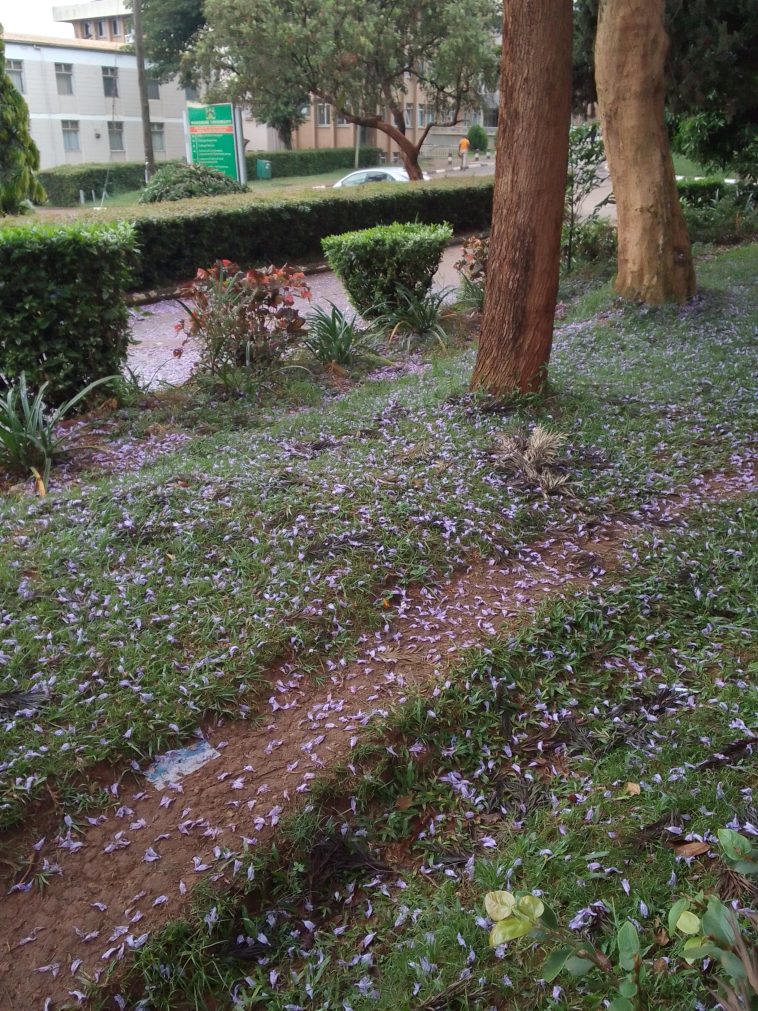Firstly, a linguistic exile is someone who isn’t a speaker of their native language and this in a way alienates them from their heritage. A person who doesn’t speak the language of their tribe or ethnicity can’t really belong.
In Uganda it is a silent paradox some of us are faced with, not being able to speak a mother tongue brings all sorts of criticism and shame. Society hasn’t been kind.
Yet the problem isn’t entirely ours. It’s the same society that at some point saw everything European as glamorous such as English and everything indigenous as primitive hence being punished in school for uttering simple local dialect such as “jangu”. At a time when we should have been learning the beauty of our languages through folk tales and riddles we were subject to a system where we learnt English and disregarded our native languages.
We grew up believing we were superior to our cousins in rural schools whose English wasn’t proper but they were true to who they were. Yet we only know a language of a people we aren’t part of. We can’t have meaningful conversations with elders in our community without sounding ridiculous. We are foreigners in our own land.
I had a realization that if I am this estranged from my language then what will befall two generations down the road. Will there even be a native language to be estranged from?
Let’s be deliberate about learning our native languages and passing them down to our children. Institutions of learning should encourage and celebrate native languages. It’s our responsibility as society to preserve our indigenous languages and keep them from extinction.
This post was created with our nice and easy submission form. Create your post!






